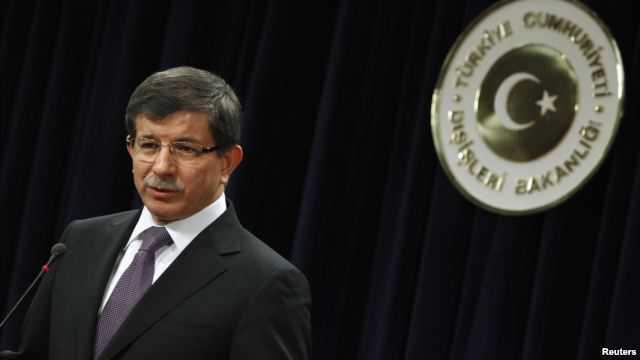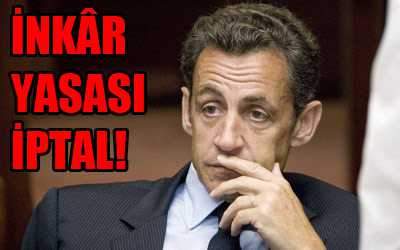By Carsten Hoffmann Feb 29, 2012, 16:53 GMT
Istanbul – The Turkish government has hailed the French Constitutional Council’s striking down of a draft law that would have criminalized the denial of an Armenian genocide by the Ottoman Turks.
However, the joy in Ankara may be short-lived as discussions are certain to continue, not least because Turkey’s strategy for dealing with the massacres of Armenians does not appear to be paying off, and is increasingly isolating the country.
Apart from France, there have also been disputes over the issue with the United States, Canada and Switzerland.
The US ambassador in Ankara, Francis Ricciardone, believes Turkey has to tackle the ghosts of its past.
‘We believe that historians have to address this issue openly and honestly in order to reach a genuine acknowledgement of what happened,’ he said.
Friends and critics alike have called on the Turkish government to show some movement on the issue before 2015, the centenary of the events, in order to prevent the possibility of a more serious conflict developing.
In the past, Turkey has resorted to diplomatic notes expressing strong protest, angry threats and the withdrawal of ambassadors in its battle against claims that genocide took place in the Ottoman Empire.
While Turkey does not deny the suffering of the Armenians during the First World War, it objects to what it considers to be a one-sided presentation of the deaths of the hundreds of thousands of Armenian that began in 1915 as a genocide.
Turkey’s NATO partners have long remained silent on the issue, even though many of them have detailed reports from their own diplomats at the time, who wrote about deportations and death marches.
However, Ankara has consistently argued that what it often refers to ‘the tragic events of 1915’ resulted from Turkey’s need to defend itself because the Armenians had allied themselves with the Russians and were planning a revolt.
‘Turkey does not deny the suffering of the Armenians, including the loss of many innocent lives, during the First World War. However, a greater number of Turks died or were killed in the years leading to and during the War,’ the Foreign Ministry wrote in a press release.
‘Parliaments and other political institutions should not legislate history when historians are debating the substance of the issue,’ it added.
Turkey has denied the substance of much of the genocide claims. In 2005 then Foreign Minister and current President Abdullah Gul said Turkey faced an extremely well organized campaign of genocide allegations.
‘This organized campaign is based on prejudices, slander, lies, exaggerations and fabrications concerning our nation and our country, which began to be disseminated nearly one century ago,’ he said.
At the time Henry Morgenthau, who was US ambassador to the Ottoman Empire in 1913-1916, wrote in his memoirs that he was ‘confident that the whole history of the human race contains no such horrible episode’ as the Armenian genocide.
Gul argues that Morgenthau was relying on information provided by Armenian extremists.
In 2008, Turkish intellectuals called in an open letter for forgiveness for the crimes perpetrated against the Armenian people but drew short of describing the events as ‘genocide’.
Renowned Turkish journalist Mehmet Ali Birand has warned his country against falling into what he describes as a ‘genocide trap’.
‘The current situation has only arisen because we always just said no,’ he wrote.
via Ankara remains isolated despite French no to genocide bill – Monsters and Critics.






